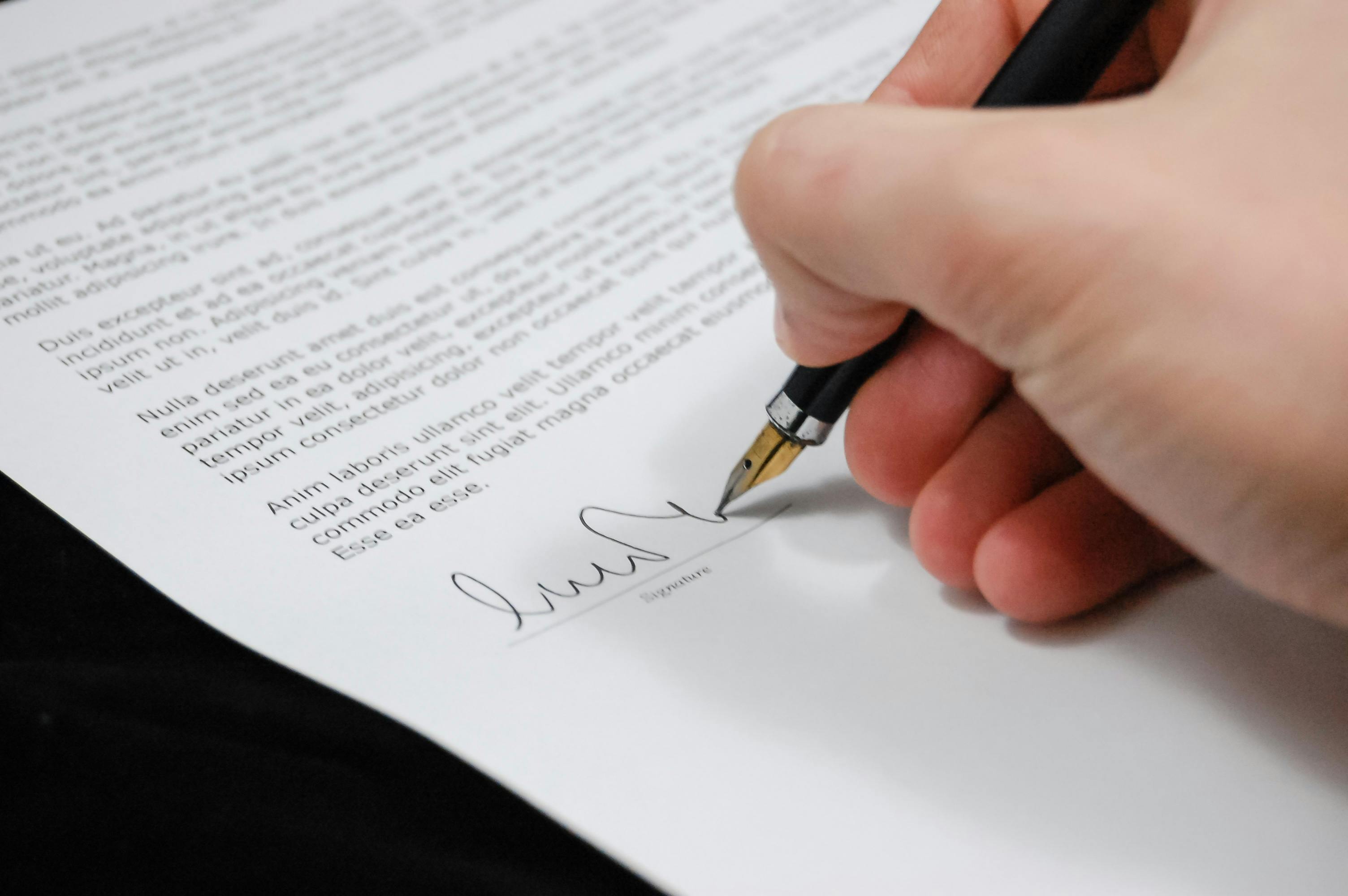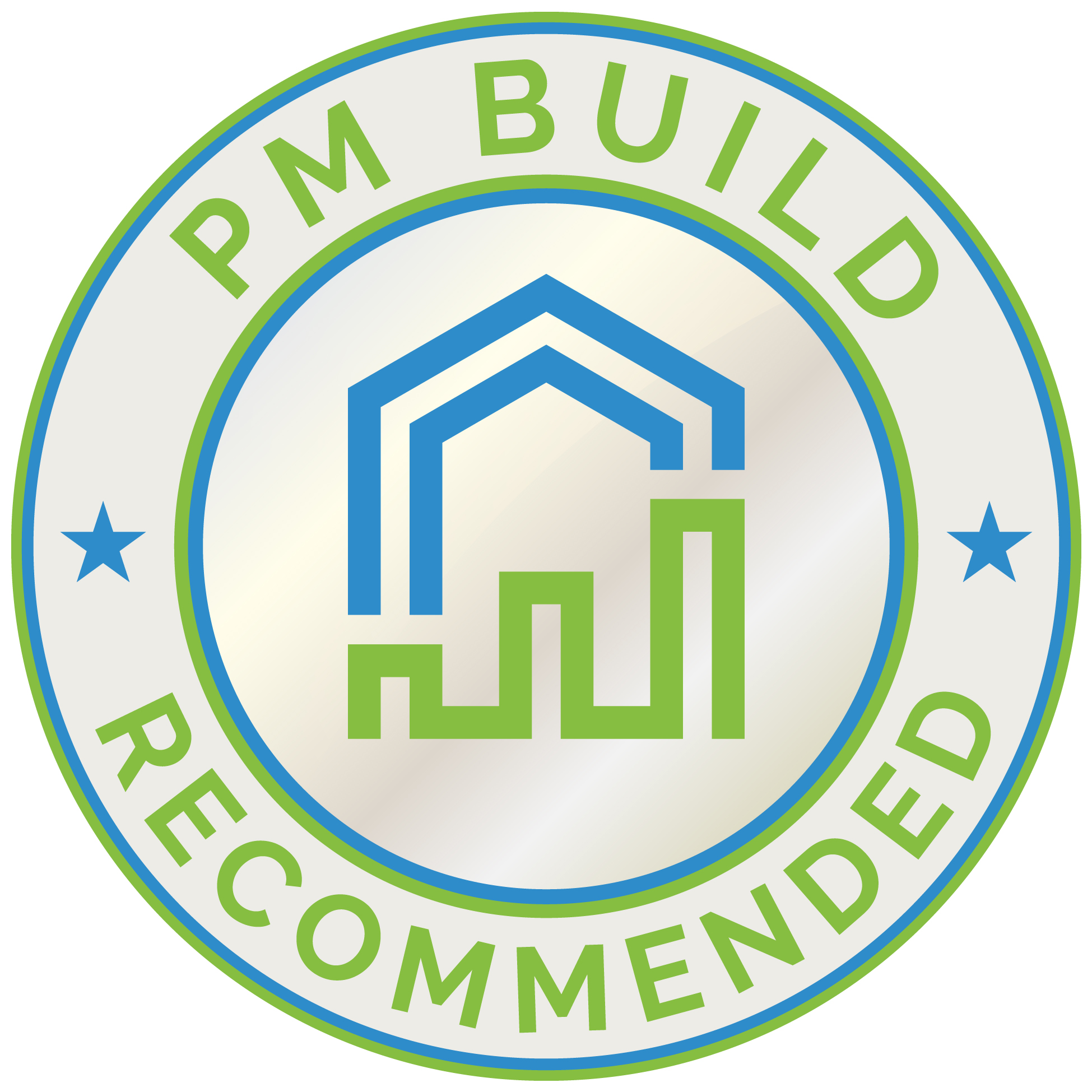As a University of Wisconsin-Eau Claire (UWEC) student or parent, understanding the ins and outs of security deposits is crucial when renting an apartment or house. This article will help you navigate the world of security deposits, their refundability, and your responsibilities as a tenant.
What is a Security Deposit?
A security deposit for an apartment or security deposit for rent is a sum of money paid by a tenant to a landlord at the beginning of a lease. This deposit serves as a form of financial protection for the landlord against potential damages or unpaid rent. In Wisconsin, landlords are allowed to charge a security deposit, but there are specific rules governing how much can be charged and how it should be handled.
Security Deposit Is Not a Cap on Liability

It's crucial to understand that the security deposit is not a limit on the amount you could end up paying for damages or other lease violations. According to Wisconsin law, specifically Wis. Stat. § 704.28(4), a tenant's liability for damages, waste, or rent is not limited by the amount of the security deposit [1].
This means that if the damages exceed the amount of your security deposit, you can still be held responsible for the additional costs. For example:
1. If your security deposit is $1,000, but you cause $1,500 worth of damage to the property, your landlord can:
a) Keep your entire security deposit
b) Bill you for the additional $500
c) Potentially take legal action to recover the additional amount if you don't pay
2. If you fail to pay rent and the unpaid amount exceeds your security deposit, your landlord can pursue the full amount owed, not just the amount covered by the deposit.
The Wisconsin Court of Appeals has upheld this principle. In the case of Meier v. Walther, the court confirmed that a landlord may recover damages exceeding the security deposit amount, stating that "the security deposit does not represent the outer limit of the tenant's liability" [8].
This underscores the importance of:
1. Taking excellent care of your rental property
2. Paying rent on time
3. Understanding that your financial liability can potentially exceed your security deposit
4. Considering renter's insurance to protect yourself from potential liability
When is the Security Deposit Due?
Typically, the security deposit is due when you sign the lease or before you move in. Some landlords may allow you to pay the deposit in installments, but this is not common practice. Always clarify with your landlord when the security deposit is due to avoid any misunderstandings. This security deposit due date should be clearly stated in the lease.
Are Security Deposits Refundable?
The short answer is yes, security deposits are generally refundable. However, there are circumstances under which a landlord may withhold part or all of the deposit. According to Wisconsin law, specifically Chapter 704 of the Wisconsin Statutes, a security deposit is refundable unless the landlord has a valid reason to withhold it [1].
Reasons a Landlord May Withhold a Security Deposit
1. Unpaid Rent: If you have any outstanding rent payments, your landlord can deduct this amount from your security deposit.
2. Damage Beyond Normal Wear and Tear: This is a crucial distinction that often leads to disputes between tenants and landlords.
3. Unpaid Utility Bills: If utilities were not included in your rent and you have outstanding payments, these can be deducted.
4. Breaking the Lease Early: Some leases include provisions allowing landlords to keep part of the deposit if you move out before the lease ends.
Normal Wear and Tear vs. Tenant Damage, Waste, or Neglect
Understanding the difference between normal wear and tear and actual damage is crucial for both tenants and landlords.
Normal Wear and Tear:
- Faded paint or wallpaper due to sunlight
- Minor nicks or scrapes on walls from normal use
- Worn carpet in high-traffic areas
- Small nail holes from hanging pictures
- Loose door handles or cabinet hardware
Tenant Damage, Waste, or Neglect:
- Large holes in walls
- Broken windows or fixtures
- Stains or burns on carpets
- Unauthorized paint jobs or wallpaper
- Pet damage (if pets were not allowed)
- Failure to inform the landlord of something that needs repair to stop further damage to the premises
The Wisconsin Department of Agriculture, Trade and Consumer Protection (DATCP) provides guidelines on this distinction [2]. As a tenant, you're not responsible for normal wear and tear, but you may be charged for damages beyond this.
Nonstandard Rental Provisions
Nonstandard rental provisions are additional rules or obligations that are not part of the standard lease agreement. These provisions must be separately signed or initialed by the tenant to be enforceable. Examples might include:
- Specific cleaning requirements upon move-out
- Restrictions on hanging items on walls
- Rules about paint colors or alterations to the unit
It's crucial to read and understand any nonstandard rental provisions before signing your lease, as they can affect your security deposit [4].
Tips for Protecting Your Security Deposit

1. Document the Condition of the Apartment:
Before moving in, conduct a thorough walk-through. The landlord is not required to accompany the tenant on walk-throughs. Take photos or videos of any existing damage or wear. This documentation can be crucial if disputes arise later. Promptly return to the landlord any provided move in checklist while retaining a copy for your records.
2. Read Your Lease Carefully:
Pay close attention to clauses about the security deposit, including any nonstandard rental provisions.
3. Report Maintenance Issues Promptly:
If something breaks due to normal use, report it to your landlord immediately. This shows you're taking responsibility and can prevent further damage.
4. Clean Thoroughly Before Moving Out:
Deep clean the apartment before you leave. This includes appliances, floors, and windows.
5. Do a Final Walk-Through:
Your landlord is not required to do a final walk-through with you to give you advice on areas that need further cleaning. Again, it is important to take photos or videos. Tenants should thoroughly double check that everything has been cleaned and all personal belongings removed. Pay attention to upper cabinets and tops of appliances and other hard to see areas.
6. Provide a Forwarding Address:
Make sure your landlord has your new address to send your deposit or any related correspondence. Ask if the landlord has the ability to electronically process a security deposit refund directly to your bank account. E-payment will make the return quicker and with greater security. Ask the landlord how security deposits are refunded to multiple roommates and verify this is written into the lease.
What to Do if Your Landlord Wrongfully Withholds Your Deposit
If you believe your landlord has unfairly withheld your security deposit, you have options:
1. Communication: Start by discussing the issue with your landlord. Sometimes, misunderstandings can be resolved through open dialogue.
2. Written Demand: If talking doesn't work, send a written demand for the return of your deposit. Include copies of any supporting documentation.
3. Small Claims Court: If other methods fail, you can file a claim in small claims court. In Wisconsin, you can sue for the amount wrongfully withheld plus court costs, reasonable attorney fees, and other allowable damages [5].
4. Seek Legal Aid: Consider consulting with a tenant rights organization or a lawyer specializing in landlord-tenant law.
Special Considerations for UWEC Students
As a UWEC student, you may be renting for the first time. Here are some additional tips:
1. UWEC Student Legal Services: The university offers free legal services to currently enrolled students. They can provide advice on landlord-tenant issues, including security deposit disputes. You can find more information and schedule an appointment on the UWEC Student Legal Services website [6].
2. University Resources: UWEC's Dean of Students office may offer additional guidance on off-campus housing issues, including security deposits.
3. Roommate Agreements: If you're sharing an apartment, create a written agreement about how you'll split any damages or cleaning costs.
4. Summer Sublets: If you sublet your apartment over the summer, remember that you're still responsible for damages caused by your subletter. Consider requiring the sub-tenant to pay a security deposit to the tenant.
5. Local Ordinances: Familiarize yourself with Eau Claire's local housing ordinances, which may provide additional protections for tenants.
Conclusion
Understanding your rights and responsibilities regarding security deposits is crucial for a smooth renting experience. Remember, your security deposit is refundable, but it's your responsibility to maintain the property and adhere to your lease terms. By being proactive, documenting the condition of your rental, and understanding your lease, you can maximize your chances of getting your full security deposit back when you move out.
As you embark on your UWEC journey, whether you're living on or off-campus, being an informed tenant will help you avoid potential conflicts and ensure a positive living experience. Always communicate openly with your landlord, keep thorough records, and don't hesitate to seek help if you encounter issues with your security deposit.
Disclaimer
Hey there! Thanks for reading our stuff. We want you to know a few important things:
We're General Property Management LLC, right here in good old Eau Claire, WI. You can make an appointment to visit us. Our office is located at 703 5th Avenue #1, Eau Claire, WI 54703 or send written correspondence to General Property Management, LLC, P.O. Box 283, Eau Claire, WI 54702.
If you need to reach us, our email is contact@ec4rent.com and our phone number is 715-832-1200.
We try our best to give you good information, but we're not lawyers. If you have a serious legal problem, it's best to talk to a real attorney.
If you spot any mistakes in what we've written, please let us know! We'd love to fix it or take it down if needed.
We always welcome your comments and thoughts. Your feedback helps us do better!
Remember, when we all do our little part, the world is a better place. So let's work together to make things awesome!
References
[1] Wisconsin Legislature: Chapter 704
https://docs.legis.wisconsin.gov/statutes/statutes/704
[2] Wisconsin Department of Agriculture, Trade and Consumer Protection: Landlord Tenant Guide
https://datcp.wi.gov/Pages/Publications/LandlordTenantGuide.aspx
[3] Wisconsin State Law Library: Landlord Tenant Law
https://wilawlibrary.gov/topics/landlord.php
[4] Tenant Resource Center: Nonstandard Rental Provisions
https://www.tenantresourcecenter.org/about_security_deposits
[5] Wisconsin Court System: Small Claims
https://www.wicourts.gov/publications/guides/smallclaimsguide.htm
[6] UWEC Student Legal Services
https://www.uwec.edu/dean-of-students/support-resources/
[7] City of Eau Claire Code of Ordinances: Chapter 16 - Housing
https://www.eauclairewi.gov/government/code-of-ordinances
[8] Meier v. Walther, 2010 WI App 37, 324 Wis. 2d 289, 782 N.W.2d 626
https://www.wicourts.gov/ca/opinion/DisplayDocument.pdf?content=pdf&seqNo=48479



